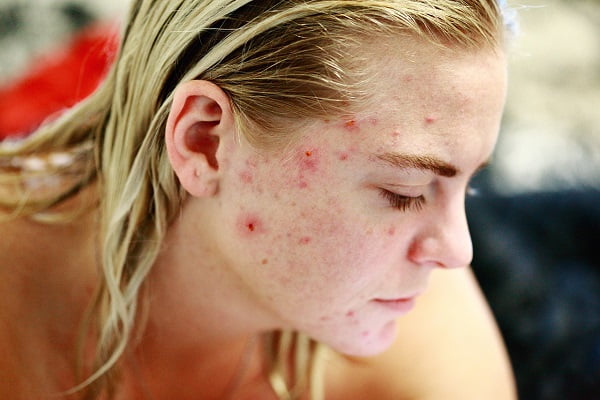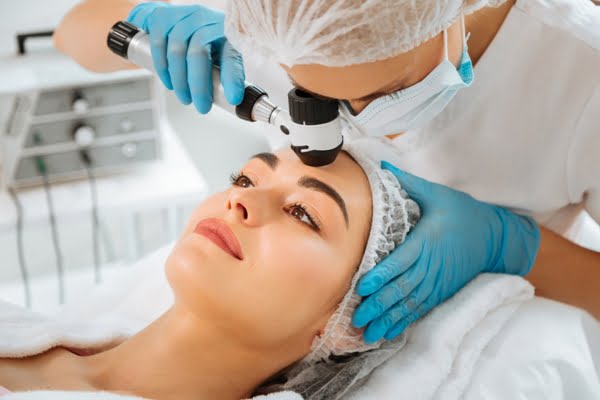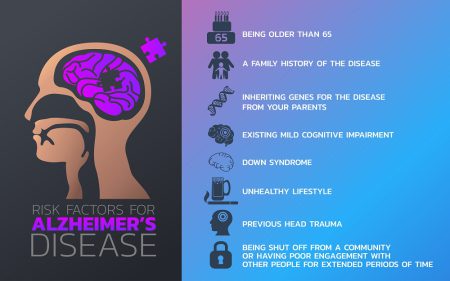Medical Conditions and Other Surprising Causes of Acne
- Updated on: Nov 1, 2023
- 2 min Read
- Published on Dec 10, 2022

There are several medical conditions that can cause acne, including hormonal imbalances, certain medications, and genetic predisposition. Hormonal changes, such as those that occur during puberty or pregnancy, can cause the production of excess oil, which can lead to the development of acne.
Some diseases that can cause acne include polycystic ovary syndrome, Cushing’s disease, hormonal imbalances, and certain medications such as steroids and anticonvulsants. Acne can also be a side effect of some medical treatments, such as radiation therapy and chemotherapy. In rare cases, acne can be caused by a bacterial infection or an underlying autoimmune disorder.
Polycystic ovary syndrome (PCOS) can cause acne. PCOS is a hormonal disorder that affects about 10% of women and is characterized by an imbalance of hormones, including an excess of androgens (male hormones). Androgens can stimulate the sebaceous glands, which produce oil on the skin, leading to clogged pores and acne. Acne is a common symptom of PCOS and can be difficult to treat because of the underlying hormonal imbalances. Proper management of PCOS, including a healthy diet and regular exercise, can help improve acne symptoms and overall health.
Some medications, such as steroids or certain anti-seizure drugs, can also cause acne as a side effect. Additionally, people with a family history of acne may be more likely to develop the condition.
Other Surprising Causes of Acne
Acne is a common skin condition that can affect people of all ages. It is caused by a variety of factors, including hormones, genetics, and certain medications. Here are some surprising causes of acne:
- Stress: Stress can affect the body in many ways, including causing an increase in the production of hormones called androgens. These hormones can stimulate the oil glands and hair follicles in the skin, leading to the development of acne.
- Diet: Some research suggests that certain foods, such as dairy products and high-glycemic index foods (like refined sugars and white bread), may contribute to the development of acne.
- Cosmetics: Using certain cosmetics, such as moisturizers and makeup, can clog pores and lead to the development of acne. It’s important to choose non-comedogenic products and to cleanse your skin regularly to remove any excess oil and bacteria.
- Skincare products: Over-cleansing or using harsh skincare products can irritate the skin and lead to the development of acne. It’s important to use gentle, non-irritating products and to avoid over-scrubbing or over-exfoliating the skin.
- Touching your face: Touching your face frequently can transfer bacteria and oil from your hands to your face, leading to the development of acne. It’s important to avoid touching your face as much as possible, and to wash your hands regularly to remove any bacteria or oil.












